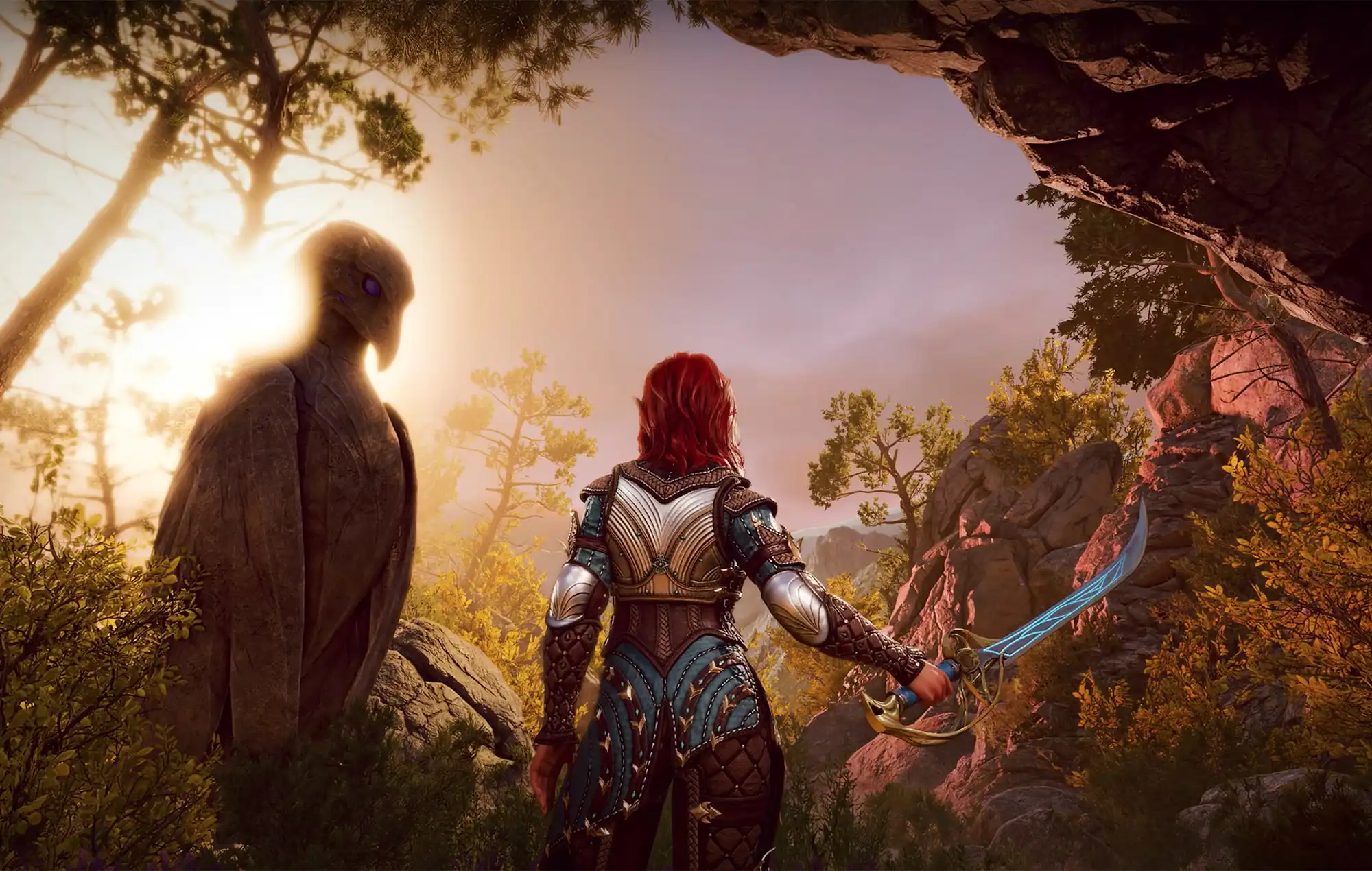Baldur's Gate III, developed by Larian Studios, exhibits numerous alterations compared to past installments. This beloved tabletop RPG series has seen a fundamental shift in mechanics designed to appeal to a broad audience. The changes to the game have sparked a significant divide among the game community, with some appreciating the new approach, while others vehemently oppose it.
One substantial change is the departure from a real-time or semi-real-time combat system to turn-based combat. This change forms the core of many complaints arising from the series' dedicated fans whose nostalgic feelings are attached to the real-time combat system. For game developers, the switch between combat systems is a delicate challenging one.
It might be useful to examine why game developers might choose to make such a shift. Turn-based combat allows players to take their time, think, strategize and manipulate each action without the urgency of real-time combat. It also provides the developers with more options to put forward unique uses of terrain, positioning and abilities in their design of combat scenarios.

On the other hand, those who favor real-time combat argue it allows for dynamic, exciting and challenging fights. Timing, instinctive reactions, immediate decision making are all crucial elements of real-time combat and some players feel these elements are lost with turn-based combat. However, this can subjectively vary among players.
Another contentious change in this new version is the introduction of the jump and disengage ability as a free action. In previous versions, these actions were limited to specific in-game circumstances. Now, they are given for free. Larian Studios may have noted this in successfully popular titles such as Divinity: Original Sin, leading to its implementation in their latest output.
Some players see this as a positive change, allowing for more flexibility and creativity during combat scenarios. It allows, for instance, some degree of tactical game-play like surprising enemies from unexpected angles. Conversely, some players feel it's overpowered and breaks the balance of the game, straying too far from the concepts of traditional D&D core mechanics.
Character creation has faced an overhaul too. Right from the start, players are invited to mold their characters much more than in earlier versions. There are more cosmetic choices, including individual modification of facial features. Although this may seem like a minor change, some hardcore gamers resent the evolutionary leap for not being true to its original form.
Creating a sense of connection towards a character is essential in RPGs. The new character selection allows players to attempt to recreate their own likeness or someone else's in the game. Some players truly appreciate this new level of customization and immersion. However, for those deeply attached to earlier versions of Baldur's Gate, these changes might seem far from the iconic original design.
More crucially, there has been a departure from the D&D 5e ruleset, at least in part. Larian Studios has incorporated a number of changes to this universal ruleset, tweaking it to align with their narrative and gameplay requirements. The gaming community remains split on these changes in rules, with some praising the creativity and others complaining it isn't faithful to the Dungeons & Dragons franchise.
It is often the case that no two tabletop games follow the exact same rules, mods, variations, or interpretations. The Dungeon Master is tasked with making the final call in grey areas. For a video game, however, the rules must be rigid and the developers have stepped into the shoes of the Dungeon Master. This can naturally lead to some modifications that not everyone agrees on.
There are other changes, such as surface interaction mechanics and advantage/disadvantage mechanism, which further deviate the game from the original. These modifications are frequently associated with Larian's previous title, Divinity: Original Sin. While they added an additional depth to the game, purists argue it veers away from the fundamental Baldur's Gate experience.
Undeniably, Larian Studios has revolutionized the Baldur's Gate series with their latest video game. The developer has taken the opportunity to lean on their considerable experience and success with other titles. They have embraced new ideas, shifting away from the traditional methods Baldur's Gate once adhered to. You could argue that the game is evolving, moving with the times and trends of the gaming world.
However, such reinvention often comes at a cost. One faction of players welcomes the changes, relishing the chance to experience something new within their beloved franchise. The other group, comprised of loyalists, perceive these changes as unnecessary alterations, tarnishing the identity of Baldur's Gate series.
The debate continues. Larian Studios have listened to player feedback, adjusted, and rebalanced aspects of the game since its initial release. There are calls from players for further adjustments and it is probably safe to presume that more updates are incoming. As the game continues to grow and mature, only time will tell how these changes ultimately pan out.
In the end, the crux of the matter is the inherent challenge of preserving the historical spirit of the game while simultaneously catering to new audiences and modern trends. Game development is a tricky balancing act. A game must evolve to stay relevant, yet also maintain a tether to its roots. In an increasingly competitive gaming landscape, how well a developer manages this dichotomy can make or break a game's reception.
At its core, Baldur's Gate III is a complex and beautifully rendered RPG experience. Its changes have led to both rampant criticism and effusive praise. Some changes may be hailed as essential evolution, while others might seem an unacceptable departure from tradition. Ultimately, its success, or lack thereof, will be determined by the players and their collective response to this ambitious reinvention of a classic game.